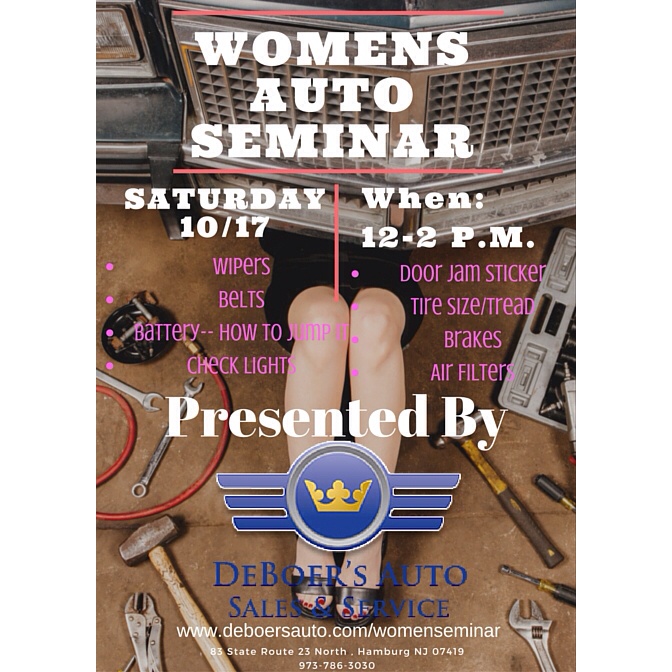For most people, the process of buying a new car is both exciting and a bit stressful. Test driving cars and finally finding “the one” is the fun part. But making sure you are getting your new or new-to-you vehicle at the best price can often cause stress. So can dealing with the financing and insurance aspects of the car-buying equation. Choosing the right car-insurance policy is especially important considering the fact that the moment you drive your new car off the lot, it depreciates by 10% to 13%, according to data from the Kelley Blue Book.

How Much Insurance Does Your New Car Need?
When you’re financing the purchase of a new car, you’re required to buy not only a state-mandated liability policy, but also collision and comprehensive coverage. This full insurance coverage protects your lender in case your car is damaged or destroyed. Beyond that, there’s another policy that many car buyers aren’t familiar with: Gap insurance. Is gap insurance worth it? That depends. In some situations, this additional policy is a smart investment. It can protect certain buyers from potential financial ruin.
What is Gap Insurance?
Gap insurance “bridges the gap” between the amount of money you owe on your car loan and the present-day value of your car in the event that your car is stolen or totaled. Gap insurance supplements the payout you’d receive from your collision or comprehensive insurance policy or another motorist’s liability insurance policy. Some gap insurance policies also cover your deductible and include a payout toward the cost to buy a new car.

Do You Need Gap Insurance?
If you paid cash for your vehicle and don’t have a loan, then there’s no need to buy gap insurance. If you did finance your new car, this additional coverage may make sense. Today, it is more and more common for people to finance cars with loan terms that exceed the average 66-month term. Some lenders now offer loans that allow buyers to stretch out payments for 84 and even 96 months. The longer your car loan term is, the more sense it makes to buy gap insurance.
If you can answer “yes” to any of the following questions, gap insurance may be a smart investment.
- Are you making a down payment of less than 20% on your car purchase?
- Is your loan term 48 months or more?
- Will you be transferring negative equity from your previous car into your new loan?
- Are you buying a car known to depreciate faster than other vehicles or do you drive a lot (which causes your car’s value to depreciate faster)?
- Are you leasing your car instead of buying it?
- Should you experience a total loss requiring you to pay your lender the difference between how much you owe on the loan and the value of the car, would you find it hard to afford paying out-of-pocket?
If you’re in the market for a new car, contact us at DeBoer’s Auto. Not only will you find the best pre-owned vehicles at the best prices, you’ll also find honest, dependable advice on everything related to your new vehicle, including insurance.








